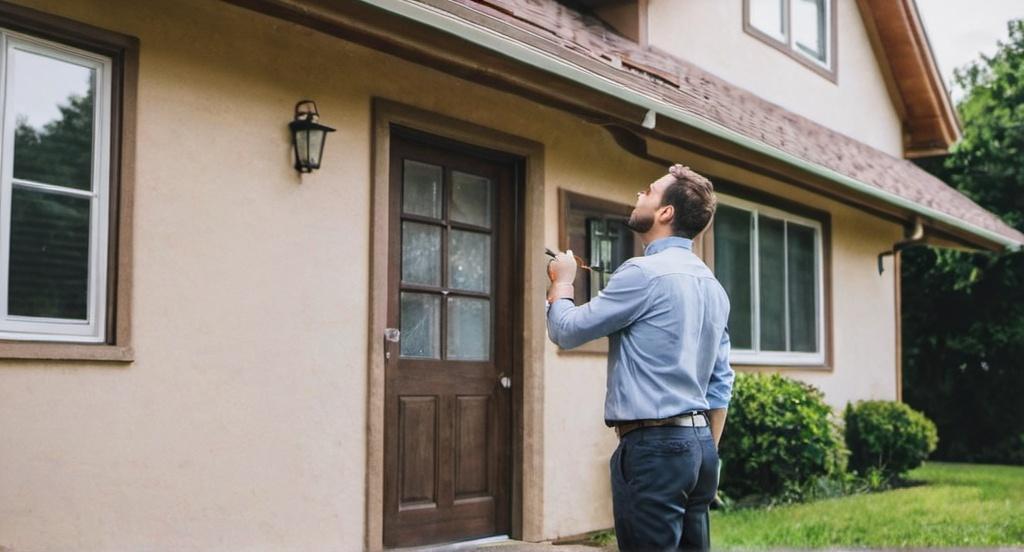Key Take Aways about How to Find Undervalued Properties for a Profitable Flip
- Flipping houses requires spotting undervalued properties early.
- Understanding market trends and neighborhood growth is essential.
- Infrastructure developments can signal increasing property values.
- Financial analysis, including comps and repair costs, is crucial.
- Manage cash flow wisely, whether using personal funds or loans.
- Opportunities may lie in foreclosures, short sales, and public records.
- Networking with real estate agents increases chances of finding deals.
- Adopt a balanced approach, combining instinct, knowledge, and patience.

Finding Undervalued Properties: The Basics
Flipping houses for profit ain’t just a game; it’s a hustle. It’s all about spotting those golden property nuggets before everyone else does. Understandably, many folks are drawn by the lure of quick cash. The trick is to start with undervalued properties. But where to start? Here’s how you can get the ball rolling on your real estate adventure.
Understanding the Market
The real estate market has its ups and downs. One day it’s a seller’s market, and the next it’s a buyer’s paradise. Keeping tabs on market trends is key. If you’re the type who reads housing reports like they’re the Sunday comics, you’re on the right track. Knowing whether the market is hot or cold affects pricing and your flipping potential. What’s the latest trend in your area? Are prices going up, or are they sliding down faster than a kid at a waterpark?
Neighborhood Watch: Not Just for Crime Prevention
One might say the neighborhood makes the house, not the other way around. When scouting for that perfect undervalued property, location is paramount. Are there new businesses popping up? Is there a good school district nearby? These are the hints that an area is on the up-and-up. Houses in desirable locations sell faster and for more dough, making them prime candidates for a profitable flip.
Checking for Development and Infrastructure
Infrastructure projects often indicate future growth. New roads, public transport links, or community centers can boost property values. Keep an ear out for what’s being developed in the area. A house across from a new park? Jackpot.
The Art of Financial Analysis
You gotta know your numbers. Buy low, sell high might sound easy, but without crunching the digits, you’re just taking wild guesses. Here are some essential financial aspects to consider when making your move.
Comps Are Your Best Friend
Comparative market analysis (CMA) is a basic tool in your real estate toolkit. You compare the property with similar ones in the region that have recently sold. It gives you a ballpark figure of the property’s worth. If you’re buying a property for significantly less than its comps, you might be onto something good.
The Cost of Repairs and Upgrades
Before jumping the gun on what seems like a sweet deal, get a proper estimate of what it’ll cost to make the place livable, let alone desirable. Often, a house with a too-good-to-be-true price tag might have more cracks than a sidewalk in need of repair. Don’t be that person who discovers hidden costs after signing on the dotted line.
Cash Flow and Financing
They say cash is king, and they’re not wrong. Whether you’re using your own funds or getting a loan, understanding your cash flow is crucial. Can you afford to hold onto a property if the market takes a nap? What’s the interest rate on any financing options? Be smart with your bankroll.
Scouting for Opportunities
The treasure hunt for undervalued properties is half the fun; the other half is cashing in later. But where do you find these gems that aren’t being advertised in neon lights?
Foreclosures and Short Sales
Foreclosures and short sales could be music to a flipper’s ears. People are often looking to unload these properties quickly, which might mean a lower price. Just remember, patience is key—some of these deals take time.
Networking with Real Estate Agents
Having a good real estate agent in your corner is like having insider knowledge. They can alert you to a good deal before it hits the open market. Network like you’re auditioning for a role in a big Hollywood flick. The more people know you, the more opportunities come your way.
Public Records and Auctions
Don your detective hat and search through public records. You might find properties that are behind on taxes or are otherwise distressed. Auctions also offer prospects, though you’re often competing with others who have the same idea.
Final Thoughts: A Balanced Approach
While flipping can be tempting, it requires a mix of instinct, knowledge, and a bit of luck. Always aim for properties that not only promise good returns but also offer a safety net if the market hiccups. Sure, it’s not a get-rich-quick scheme, but with a well-researched approach, it’s possible to earn a decent return.
Remember, flipping isn’t just about buying and selling houses; it’s about creating value where others see none. And who knows? You might just find your next big break at the bottom of someone else’s to-do list.